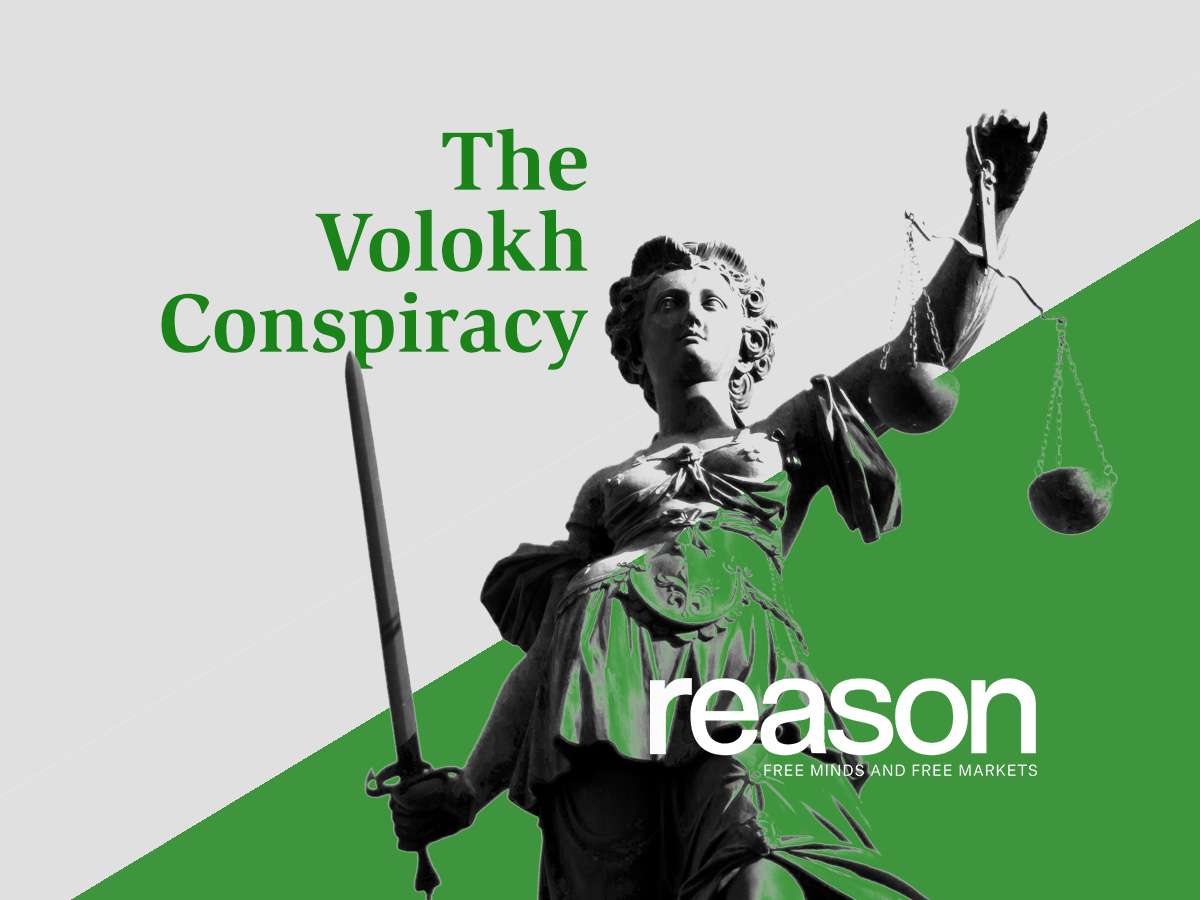Can the government impose an income tax when you never had income? That may seem like a trick question, but it’s exactly what happened to Charles and Kathleen Moore. In 2006, the Moores invested in a start‐up Indian company called KisanKraft, whose goal was to provide low‐cost, efficient tools to rural Indian farmers. The Moores believed in KisanKraft’s mission and retained their shares of KisanKraft for over a decade, never selling it for a profit. And KisanKraft reinvested all of its own profits in the company, never paying dividends. For that reason, the Moores never saw a dollar from their investment.
Yet in 2017, the Moores suddenly received a hefty federal tax bill for their ownership stake in KisanKraft. How could that be, if they never earned any money from their holdings? The reason is a provision of the 2017 Tax Cuts and Jobs Act called the Mandatory Repatriation Tax. For U.S. taxpayers who met a certain minimum threshold of ownership in certain foreign corporations, the Mandatory Repatriation Tax imposed a tax bill as if those taxpayers had earned a 2017 dividend from the corporation for profits going back years. Because the Moores owned roughly 13 percent of KisanKraft shares, they were taxed as if KisanKraft had paid them a 2017 dividend worth 13 percent of KisanKraft’s earnings since 2006. Even though that 2017 dividend was fictional, their tax bill was very real.
...
But since the Sixteenth Amendment was enacted, the Supreme Court has consistently held that a tax only qualifies as an “income” tax if it is imposed on money that a taxpayer has actually “realized,” in tax law parlance. The Moores argued that since they never realized any income from their ownership stake in KisanKraft, the Mandatory Repatriation Tax cannot be an “income tax.” And there is no dispute that the Mandatory Repatriation Tax was not apportioned among the states on an equal per capita basis, so if it is not an income tax, it is unconstitutional.
But a federal district court and the Court of Appeals for the Ninth Circuit both rejected this argument, holding that the Mandatory Repatriation Tax is an income tax. Surprisingly, the Ninth Circuit explicitly held that realization of income is not a requirement for an income tax. Now the Moores have petitioned the Supreme Court to take their case, and the Cato Institute has filed an amicus brief supporting that petition.
...
I hope SCOTUS takes up this case. I wonder if the case might shed light on the proper tax treatment for crypto staking rewards. Crypto staking rewards are earned as the underlying crypto and aren't realized as profit/income unless the crypto is sold. At least, that's how I see it.


